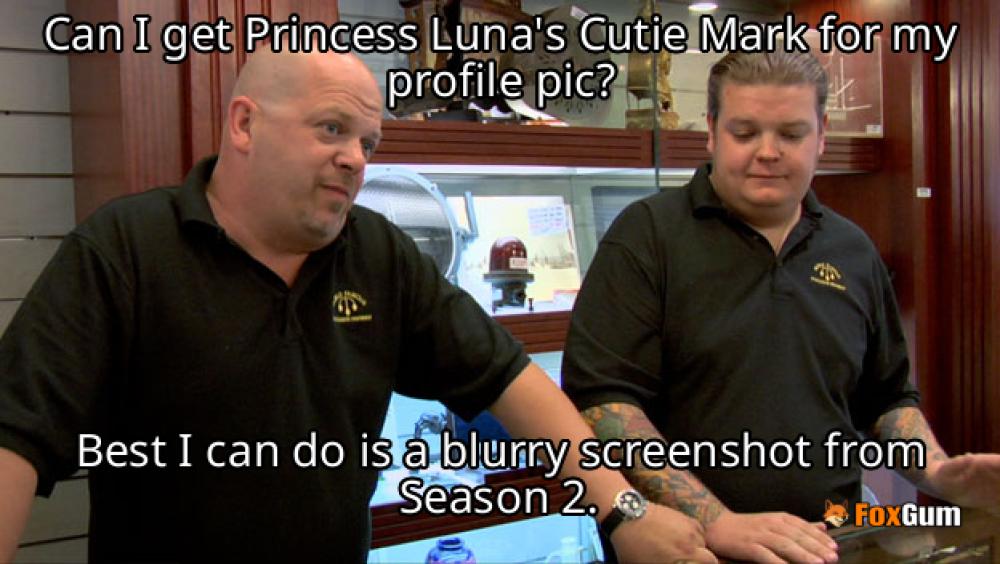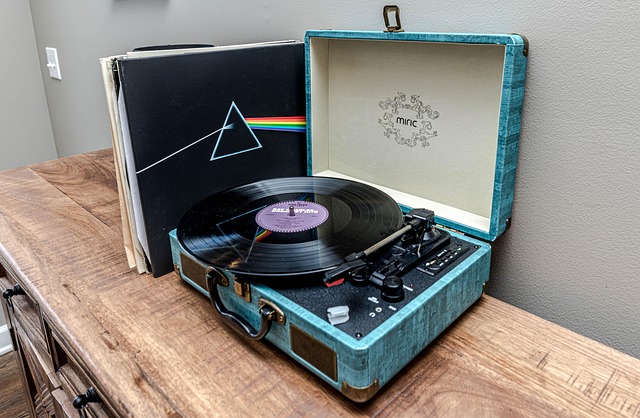
What’s the Deal with Rhetorical Questions?
Rhetorical questions are like the comedians of the language world. They pop up unexpectedly, make you think, and sometimes leave you wondering if you should laugh or ponder your life choices. But what exactly is a rhetorical question, and how do they fit into our daily conversations? Let’s dive into the world of these quirky queries!
Defining the Rhetorical Question
At its core, a rhetorical question is a question asked for effect, not necessarily to get an answer. It’s like a verbal mic drop: you throw it out there, and the audience is left to ponder its brilliance. For example, when someone says, “Can’t you do anything right?” they’re not really looking for a list of your accomplishments. Instead, they’re making a point about your perceived shortcomings. Ouch!
Why Use Rhetorical Questions?
Rhetorical questions serve several purposes in communication:
- Emphasis: They can highlight a point you’re trying to make. “Isn’t it time we all started recycling?” makes a strong case for environmental responsibility.
- Engagement: They invite listeners to think critically. “Who wouldn’t want to live in a cleaner world?” prompts a mental nod of agreement.
- Humor: They can add a dash of wit. Ever heard someone say, “How do you solve a problem like Maria?” It’s catchy and makes you smile while pondering the complexities of life.
Common Examples of Rhetorical Questions
Rhetorical questions are everywhere, from casual conversations to literature and speeches. Here are a few classic examples:
- “What’s the worst that could happen?” (Spoiler alert: it could be bad.)
- “Isn’t it ironic?” (Thank you, Alanis Morissette, for this gem.)
- “Who doesn’t love a good pizza?” (Seriously, if you don’t, we need to talk.)
How to Use Rhetorical Questions Effectively
While rhetorical questions can spice up your dialogue, using them wisely is key. Here are some tips:
- Know your audience: Not everyone appreciates sarcasm. Gauge the room before throwing out a zinger.
- Keep it relevant: Make sure your question ties into the topic at hand. “Why did the chicken cross the road?” might not fit into a serious discussion about global warming.
- Balance is essential: Too many rhetorical questions can sound like a game show. “Is it time for the final answer?” might just confuse people.
Final Thoughts
Rhetorical questions are a unique tool in our communication arsenal. They can provoke thought, add humor, and even create memorable moments in conversation. So, the next time you find yourself asking, “Why do we always run out of milk?” remember, it’s not just about the milk; it’s about the shared experience of life’s little frustrations. And who doesn’t want to bond over that? 😊

















 Slipping Through My Fingers
Slipping Through My Fingers 
 Health
Health  Fitness
Fitness  Lifestyle
Lifestyle  Tech
Tech  Travel
Travel  Food
Food  Education
Education  Parenting
Parenting  Career & Work
Career & Work  Hobbies
Hobbies  Wellness
Wellness  Beauty
Beauty  Cars
Cars  Art
Art  Science
Science  Culture
Culture  Books
Books  Music
Music  Movies
Movies  Gaming
Gaming  Sports
Sports  Nature
Nature  Home & Garden
Home & Garden  Business & Finance
Business & Finance  Relationships
Relationships  Pets
Pets  Shopping
Shopping  Mindset & Inspiration
Mindset & Inspiration  Environment
Environment  Gadgets
Gadgets  Politics
Politics 